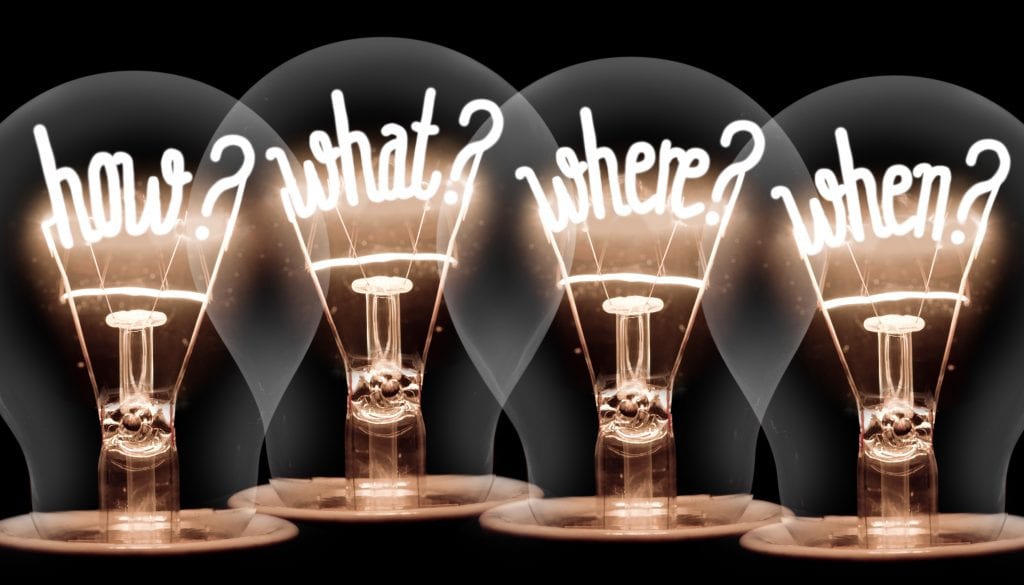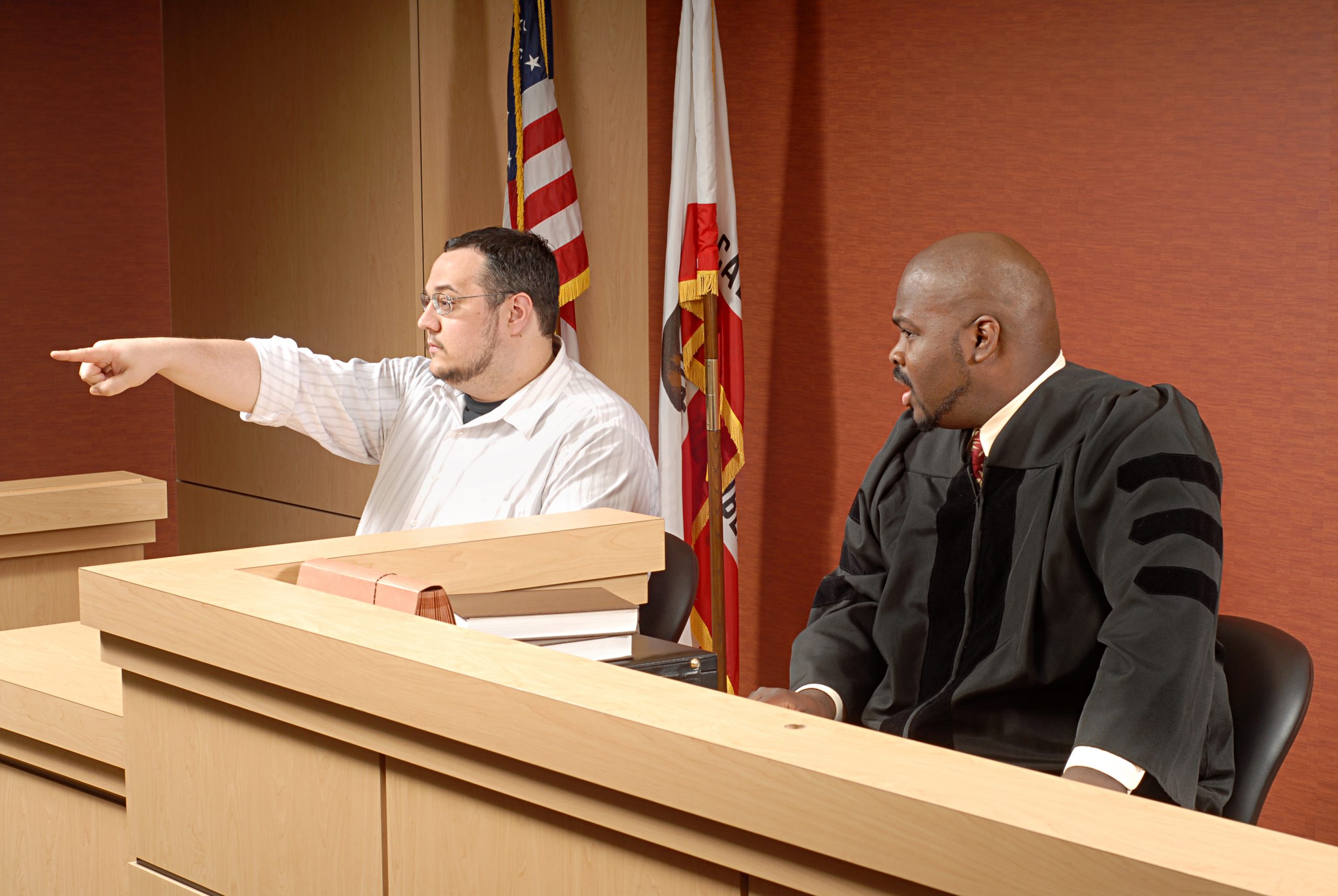During a trial, the court allows different people to share what they know about the facts of a case. Those people are witnesses in a case. In a witness examination, attorneys from both parties can ask questions. Such witness examination can take place in both civil and criminal trials. There are two types of witness examination: direct-examination and cross-examination.
Federal rules of evidence 611 explain the modes and order in which this process takes place. It also controls the type of questions asked. The court’s purpose in a witness examination is to find out if the witness statement matches the facts of a case.
What is direct examination and what happens during this examination?
After presenting opening statements, the prosecutor calls their first witness to the stand. It gives a chance to the prosecutor to ask direct questions from the witness in support of their claim. This is direct examination. The questions usually involve “what they saw, who did they see, when and how”. This leaves room for the witness to present their answers. A typical example is a police statement or eyewitness statement.
Prosecutors cannot ask leading questions during direct examination. A question that includes an answer in itself is a leading question. For example, “Were you at the nightclub on Saturday evening ?” is a leading question that includes an answer “at the nightclub” or “Saturday evening”. The main reason they aren’t allowed is to stop the prosecutor from directing the witness.
What is Cross-Examination and what happens during this examination?
It is your Sixth Amendment right to confront a witness. It means that you or your defense attorney can question the witness against you. After direct examination, the defense can cross-question the same witness. This is a cross-examination. The aim is to find flaws, irregularities and defects in the witness testimony. Here, they can ask leading questions from the witness and it is beneficial to do so. For example, the question that, “Is it true that you forgot to lock your car on the day it was stolen”? might result in a “yes” or “no” answer that could help the defense attorney prove their point.

What is a Hostile Witness?
Sometimes a witness may have an adverse opinion against the party who called the witness. This makes him a Hostile witness. For example, if a person shares with his best friend that he committed a crime and his friend later decides to tell the truth. In this case, he will be a hostile witness and his testimony will be unfavorable to the Prosecutor. Sometimes a person is the main witness to a case, and their testimony is important. In such situations, the prosecution may declare him hostile. Thereby, the court also allows leading questions in a direct examination. Although, this might cause major destruction of the prosecutor’s winning plan.
Can an attorney refresh your memory during an examination?
Yes. During an examination, a witness might forget important information about the case. In such situations, the attorney who called the witness can refresh their memory. For example, the attorney can show a contract to the witness that he once signed. But, the document itself cannot be presented as evidence for the case. Yet, the opposite party can cross-examine on the basis of that document.
The Takeaway:
Direct and cross-examination helps to gather evidence in the form of witness testimony. Direct examination comes first and is followed by cross-examination. Knowing the procedure can help you better prepare to become a witness in a case or to prepare for your own trial.






